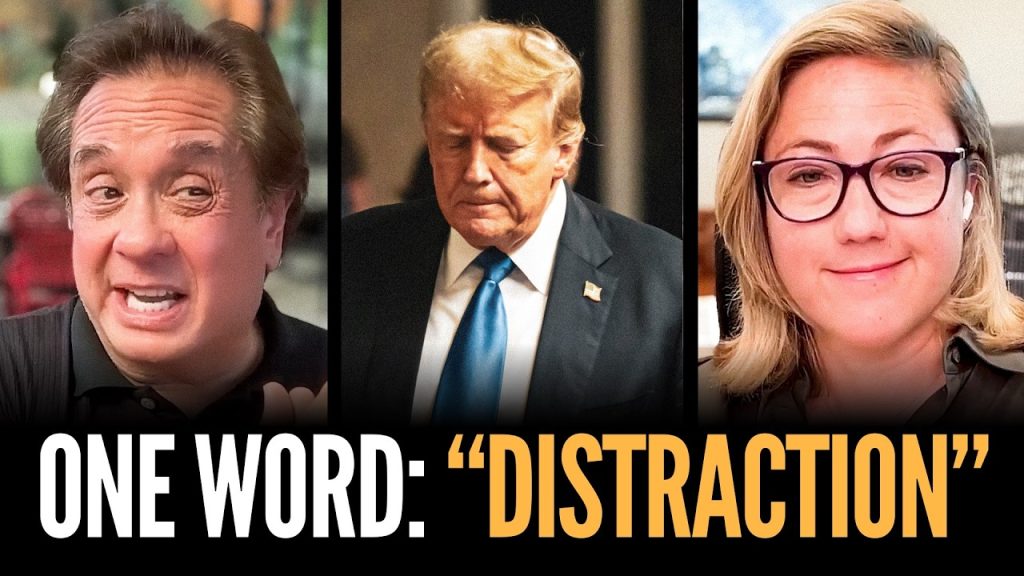In a recent episode of his online series, legal analyst George Conway delves deep into the political machinations surrounding former President Donald Trump, spotlighting the connection between the ongoing Epstein scandal and Trump’s tendency to announce various “emergencies.” Joined by Sarah Longwell, publisher of The Bulwark, Conway dissects the implications of Trump’s actions, arguing that they serve to divert public attention from potentially damaging issues.
Conway opens the discussion by reflecting on the deployment of the National Guard to Washington D.C. during Trump’s presidency, stating that there was no genuine emergency warranting such a drastic measure. According to him, these actions were more about altering the media narrative than responding to real threats. He asserts, “As far as I’m concerned, part of deploying the National Guard was to change the conversation away from Epstein.” This bold statement draws a direct line between the Epstein scandal—an ongoing dark chapter in American political discourse—and strategic political maneuvers by Trump.
The conversation quickly evolves as Longwell and Conway navigate through a flurry of current events, revealing how the discourse around legal issues continues to grow increasingly complex. With daily updates on legal developments, Conway reflects on how he received a barrage of texts, underscoring the fast-paced nature of legal news and its impact on the political landscape.
Conway’s insights are not mere commentary; they reflect a broader pattern where political leaders may prioritize image management and diversion tactics over transparency and accountability. The Epstein scandal, which has haunted numerous public figures and institutions, serves as a constant reminder of the vulnerabilities within political circles. By shifting focus to “emergencies,” Trump appears to be employing a well-known tactic used by many in power—to seize the narrative when faced with criticism, particularly concerning issues that could damage their reputations.
Moreover, as legal challenges mount against Trump, including ongoing investigations and judicial decisions, the strategic use of rhetorical and media tactics becomes important. Conway emphasizes that the legal ramifications surrounding Trump and other public figures involved in the Epstein case may pivotally shape the national dialogue. He points out that this is not just a personal issue for Trump, but one that can affect the political landscape and public perception writ large.
As the episode continues to unpack the numerous layers of legal controversies surrounding Trump, the interplay between public scandals and political maneuvering remains a central theme. This creates a pressing question about the extent to which public figures will go to maintain their narratives, particularly when faced with significant legal threats.
The convergence of law and politics, as highlighted in this episode, showcases how high-stakes scenarios can lead to a desperate scramble for control over media narratives. With Conway’s analytical approach, viewers are left questioning not just Trump’s motives, but the broader implications of such emergency declarations amid evolving legal contexts. The discussion serves as a poignant reminder that in politics, perception can often be just as crucial as reality.
In conclusion, Conway’s ability to connect the dots between Trump’s actions and the Epstein scandal demonstrates a keen understanding of the intricate dance of politics. As audiences grapple with the implications of these narratives, the ongoing dialogue around legal accountability and political integrity becomes more vital than ever.



